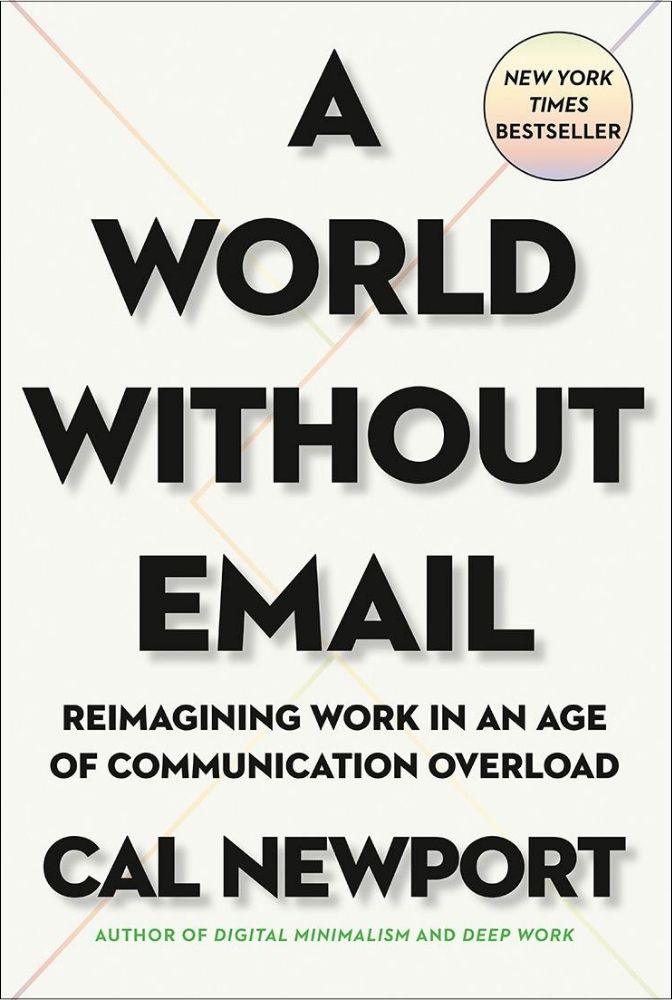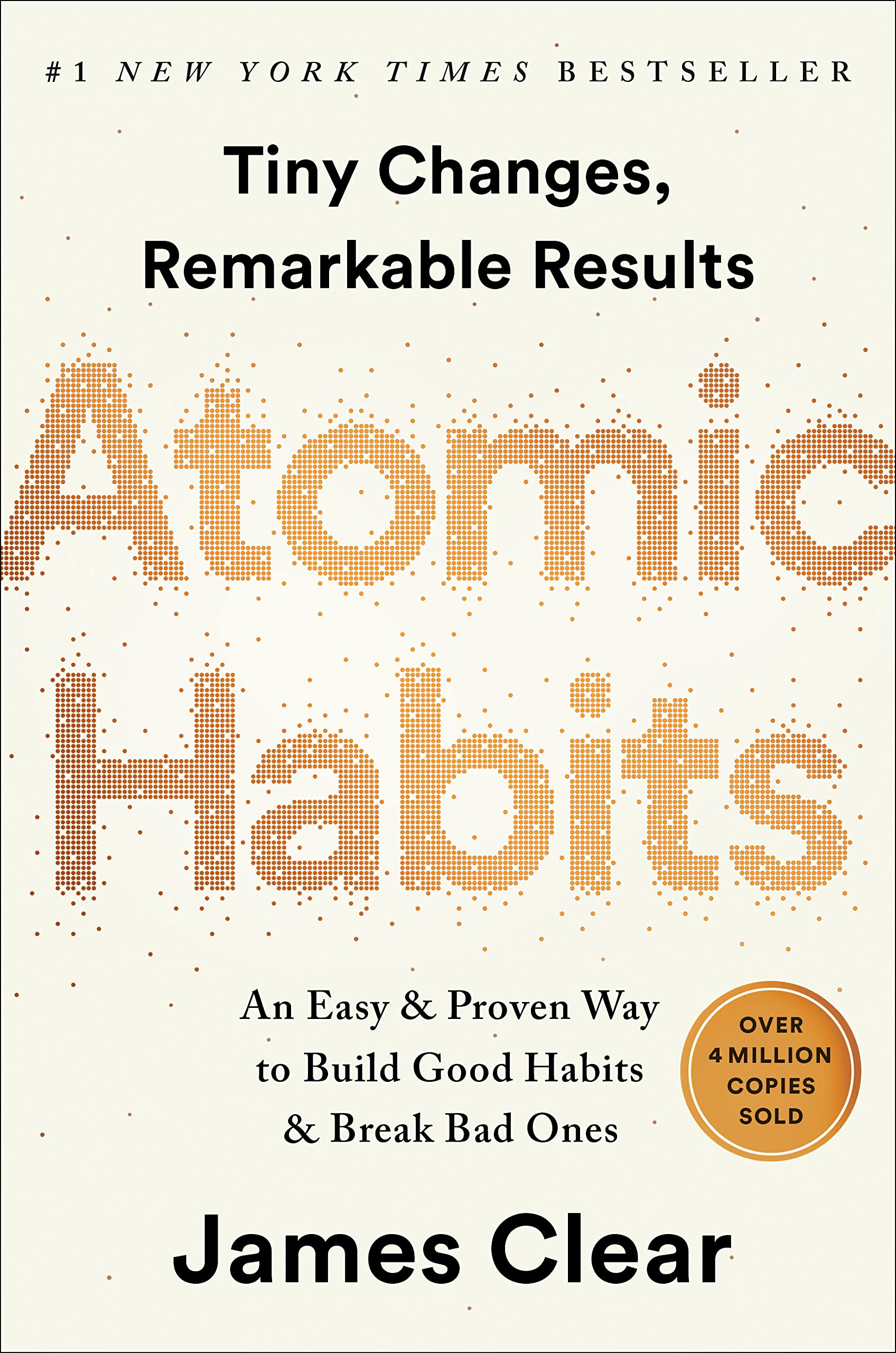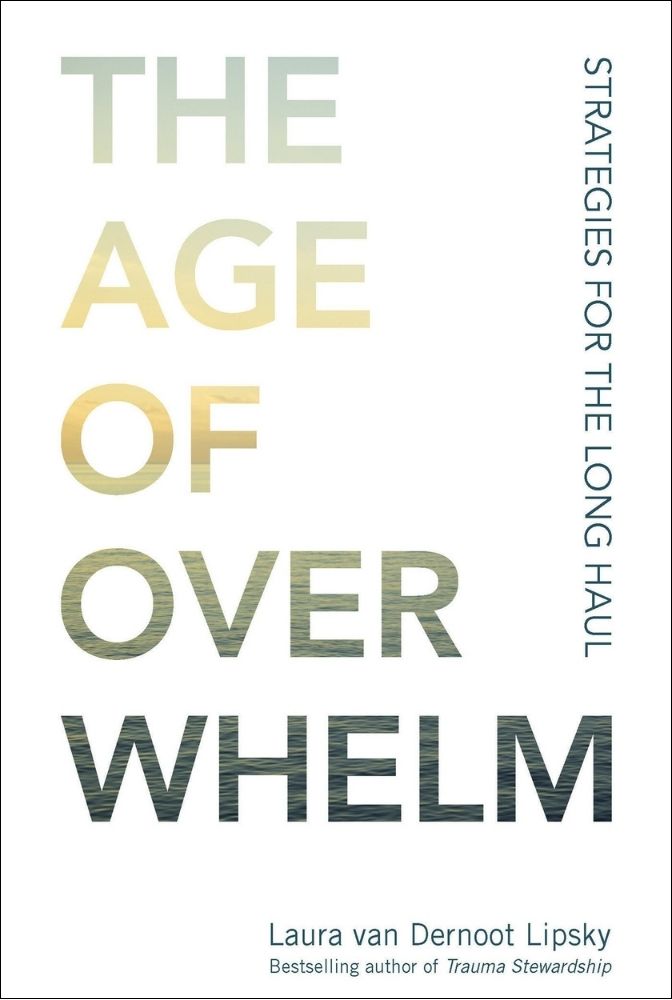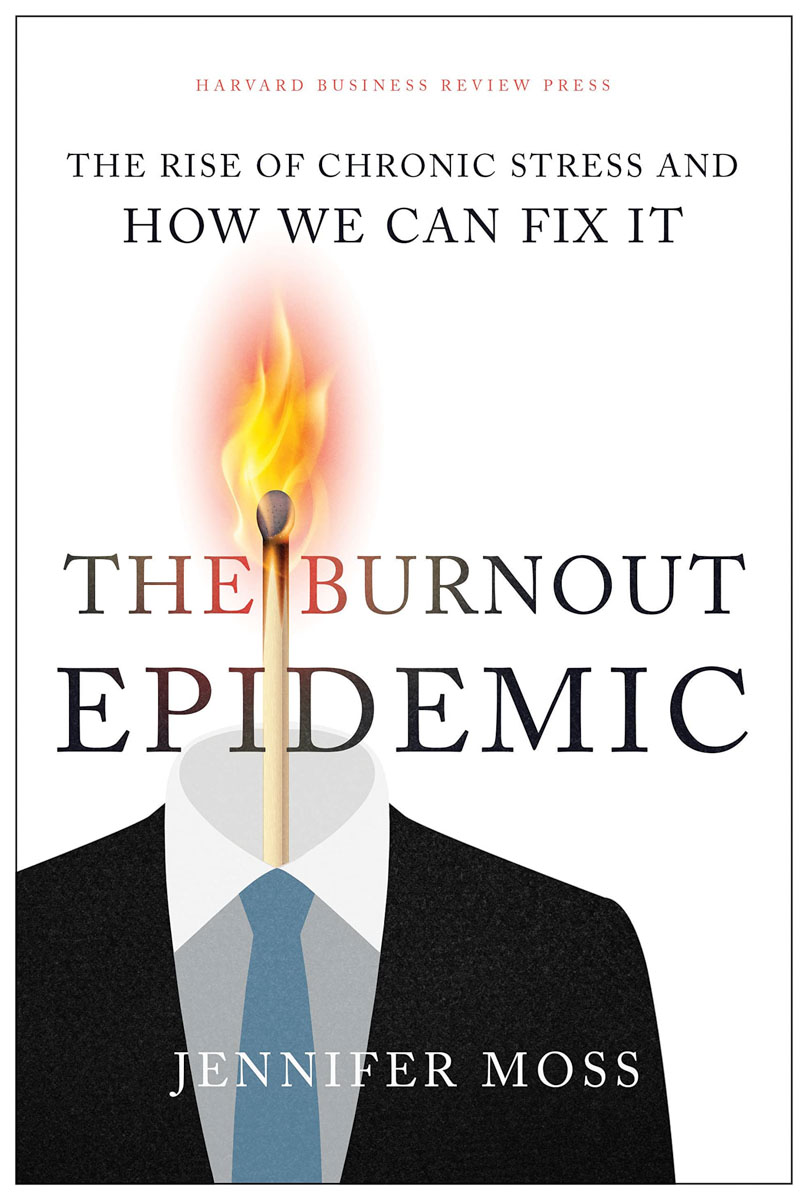A World Without Email
Reimagining Work in an Age of Communication Overload
A World Without Email
Reimagining Work in an Age of Communication Overload
About the Book
Modern knowledge workers communicate constantly. Their days are defined by a relentless barrage of incoming messages and back-and-forth digital conversations–a state of constant, anxious chatter in which nobody can disconnect, and so nobody has the cognitive bandwidth to perform substantive work. Humans are simply not wired for constant digital communication.
We have become so used to an inbox-driven workday that it’s hard to imagine alternatives. But they do exist. Drawing on years of investigative reporting, author and computer science professor Cal Newport makes the case that our current approach to work is broken, then lays out a series of principles and concrete instructions for fixing it.
In A World without Email, he argues for a workplace in which clear processes–not haphazard messaging–define how tasks are identified, assigned and reviewed.
About the Author
Cal Newport is a computer science professor at Georgetown University, and a writer who explores the intersections of technology, work, and culture. He is the author of seven books, including, most recently, A World Without Email, Digital Minimalism, and Deep Work. Newport is also a contributing writer for the New Yorker and the host of the Deep Questions podcast.




